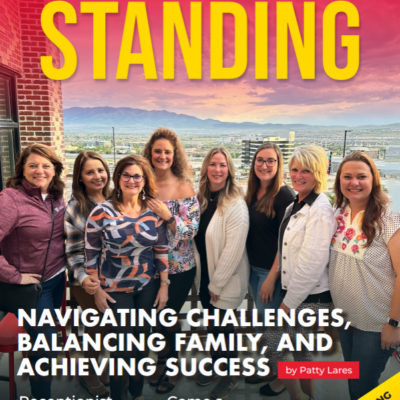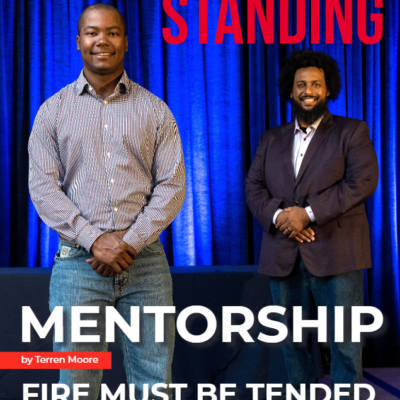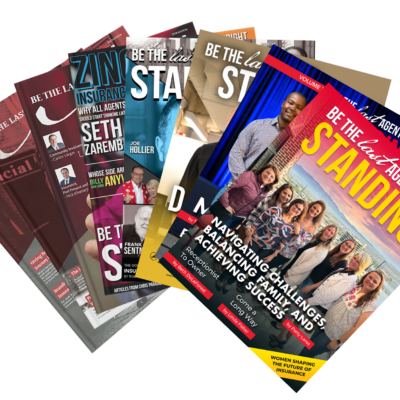Virtually every brand here in the U.S. is trying to win over Millennials and it’s not surprising why. Eighty over eighty million shoppers with excess of one trillion dollars in buying power are hard to ignore . But equally hard to ignore are recent stats that show when it comes to shopper marketing, Millennials know what they want and they want it now. Maybe that’s why Amazon is testing out their 2 hour delivery policy in New York City. Yes, you buy it online and 2 hours later it’s in your home!
One-third of Millennials are “hyper-connectors” who use a wide variety of shopper media frequently. That’s no small number. But an almost equal number are detached. What this means is they almost never use shopper marketing to support buying needs like groceries and other CPG categories (http://www.marketingcharts.com/traditional/top-10-cpg-growth-categories-coffee-heads-the-list-23906/). Even digital tools that Millennials deem essential to their daily lives are rarely used for routine shopping. Millennials deem digital marketing essential; therefore I hope you and your agency have a CRM tool and a digital strategy.
If you do not, then you are ignoring the Millennials and that is not a good thing!
I know you are probably thinking “How?” You’re wondering how so many young, connected, stimulus-hungry consumers can be so disconnected from shopping? Brands that count on Millennials to build the bottom line and provide the next generation of profitable shoppers should rightfully be concerned. Think of brands like Geico or Amazon, both of which are in the insurance space. But the great news is there are clear actions to help you fully engage these high-opportunity online shoppers. Let’s discuss what “shopper” means in the insurance space, because it’s not what many of us think. A “shopper” is someone looking for an agent to engage w,ith whether it’s for a quote, to get a question answered, or to purchase a policy.
Don’t wait for them. Millennials represent real buying power, regardless of their lifestyle. Yet too many marketers wait for young shoppers to transition to traditional family households before they engage them. The key question is this: Does your insurance agency have a digital marketing strategy in place that is ready to capitalize on the Millennial market? Not surprisingly, young families with children are the most engaged. But single, childless Millennials often feel disenfranchised. Given many are likely to stay unmarried longer, be un-parents longer and un-whatever longer, your agency brand must make the effort to meet them where they are in life. For example, Instagram is really a social network of teenagers. But let’s remember how things started – first with MySpace then with Facebook and now with Instagram. It will be difficult to win them over once their buying habits are established. You and your agency need to be connected with them TODAY!
Millennials crave value. 7 in 10 Millennials engage with shopper marketing (especially new digital tools) to not only save money but find convenience. But this generation also embraces the “gamification” of everything and that includes shopping. They’re experimenting and looking for strategies that will help them get smart and win. This is why our agency is a big believer in YouTube. Also look at other types of content that help Millennials feel a sense of accomplishment, such as rewards and exclusive access. Millennials love value. So create your agency’s value proportion and share it with your prospects and clients. You should consider a Partners Page for your agency and gift cards for your clients for their birthday.
Stereotypes. Market beyond the all-digital stereotypes. Many brands believe that simply doing more digital marketing will garner more Millennial shoppers. This is not always true in today’s digital arena. Yet we see the majority of this audience describing themselves as “hybrid shoppers”, those who use a lot of digital but often find themselves relying on old-school tactics and/or traditional marketing. In fact, in-agency displays remain the top tool to help aid the shopping trip for Millennials. Let me explain what this means. Within your agency’s website, it is critical you have many different landing pages explaining and educating prospects and clients on the policies that your insurance agency sells. But even more importantly, your agency needs to have a branded message and it needs to be clear because Millennials are people who love to research. They have a “DIY” attitude So without the proper website strategy your agency’s ROI will suffer. Digital and physical are both important to Millennials and the medium is likely less critical than the message. A convincing experience that shows why your brand deserves to be there can still be effective. Your agency brand is what separates you from your competition.
Remember that to be a hit within the world of Millennials, you must stay relevant to how they want to shop, how they want to educate themselves and how they want to buy.
Take the time to know this business-critical audience and adapt your agency’s approach, if necessary. Your agency’s brand will reap big benefits from understanding Millennials.






A well considered peprcestive, thank you. The real boon will be to direct more energy to maturing appropriate suburbs into sustainable, walkable, livable communities without importing the problems of the cities into them. The dream of force/entice everyone back to the cities that will not contain the vast population increase since traditional core cities matured and that have an incredible amount of work to do to make themselves sustainable, walkable, livable communities again (and some arguably never were that). Even the definition of cities is vague city limits? 30 min bus ride? When Los Angeles was a walkable city, the San Fernando Valley was rangeland and now only has pockets of the new definition of livable community. A little Urban Geography continuing education is in order. Both/and is the paradigm, not either/or. A significant majority of Americans have never lived in traditional core cities (often for two or three generations) and never will/can/want to do so. It’s not a competition. Good work, Tyler!